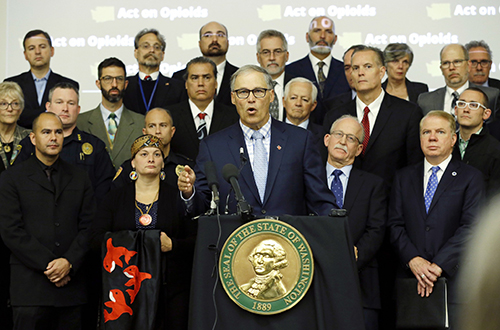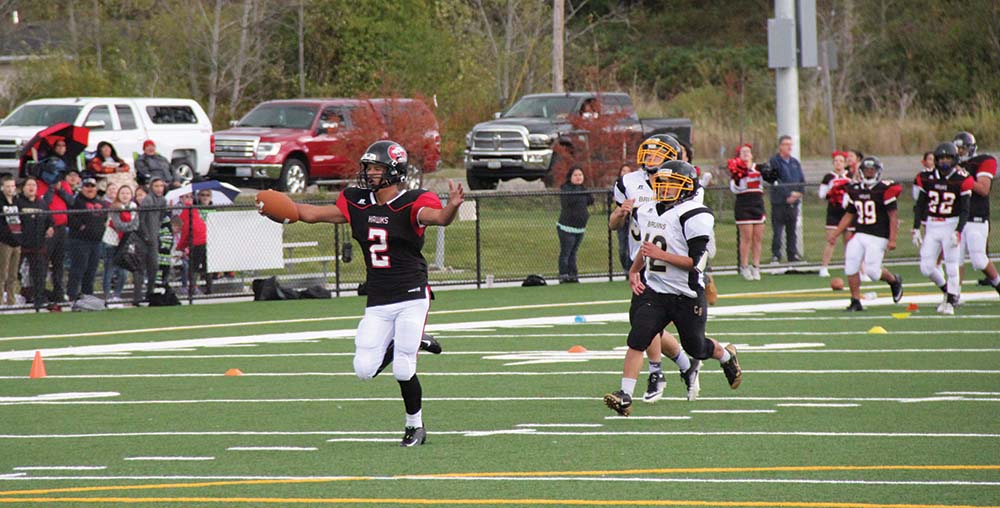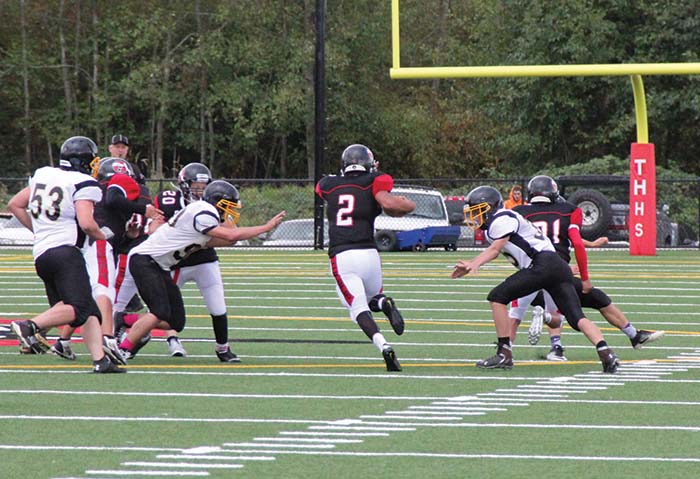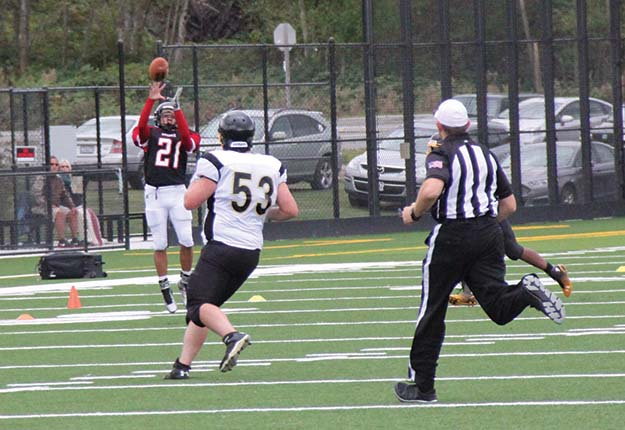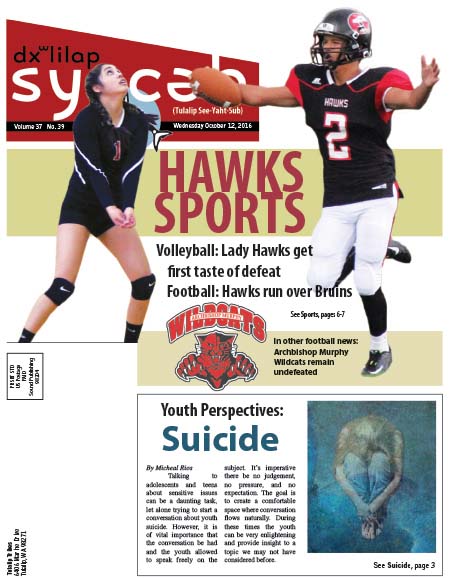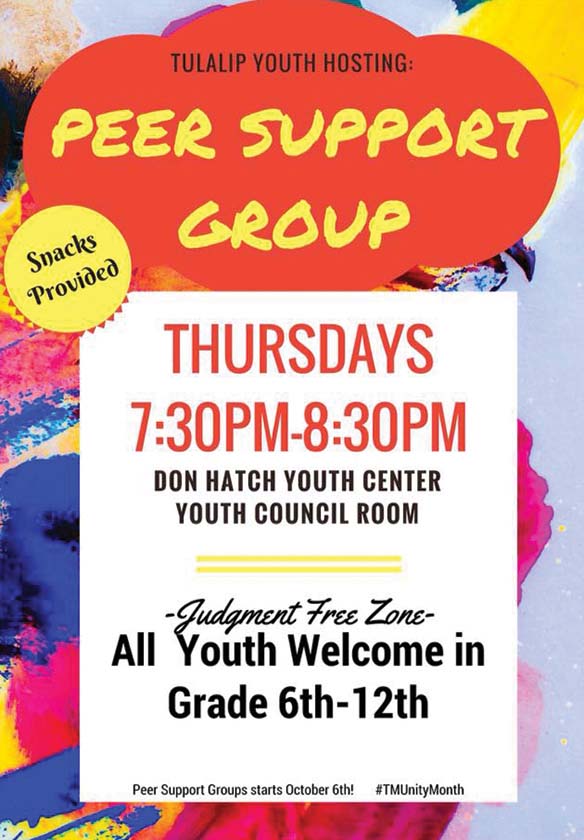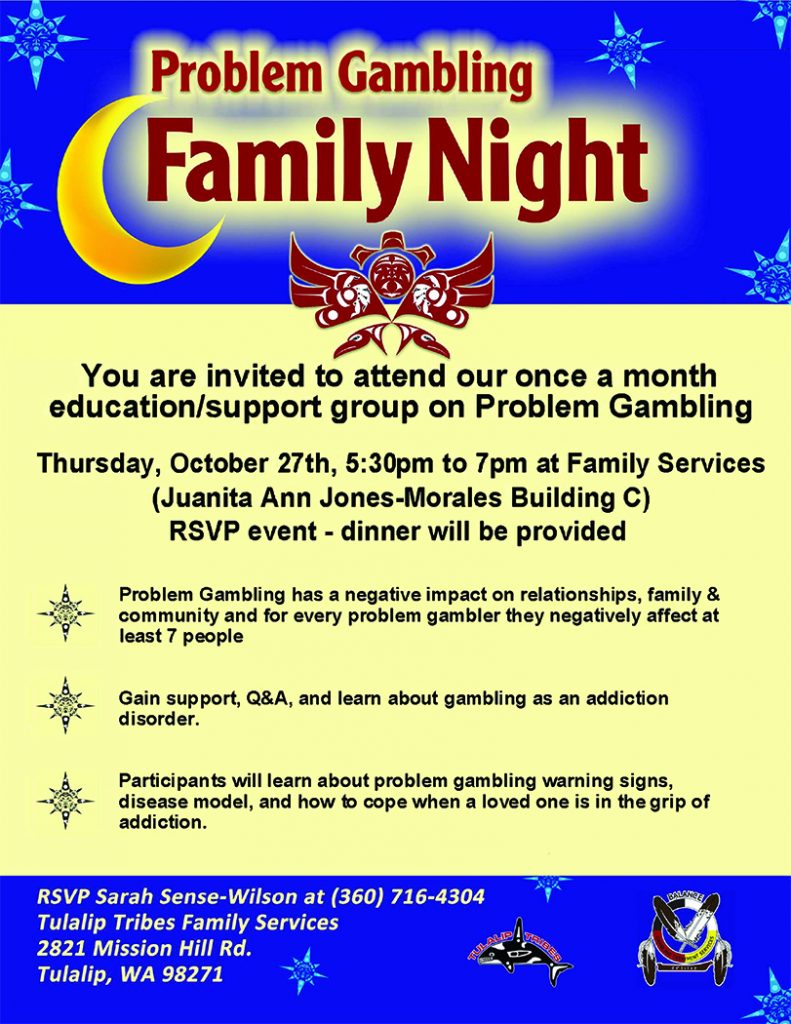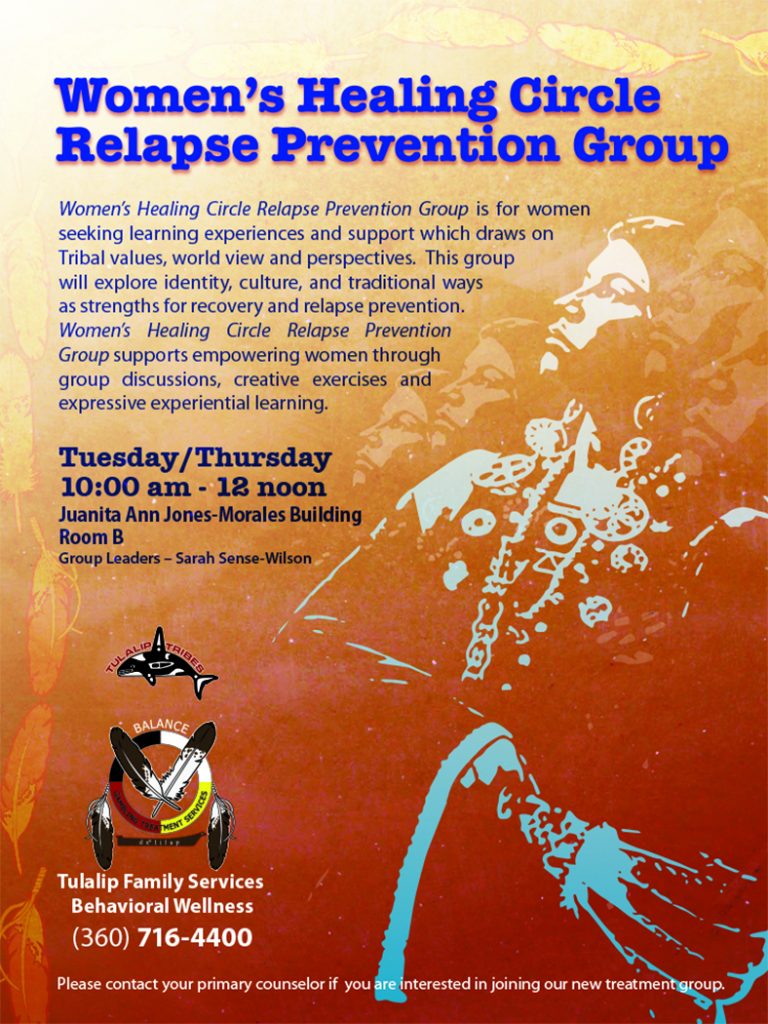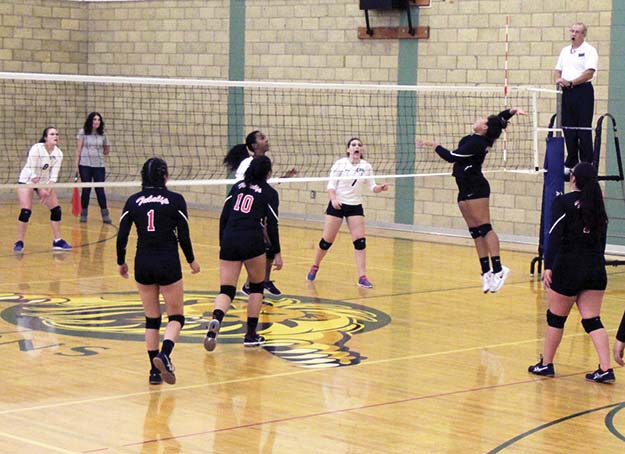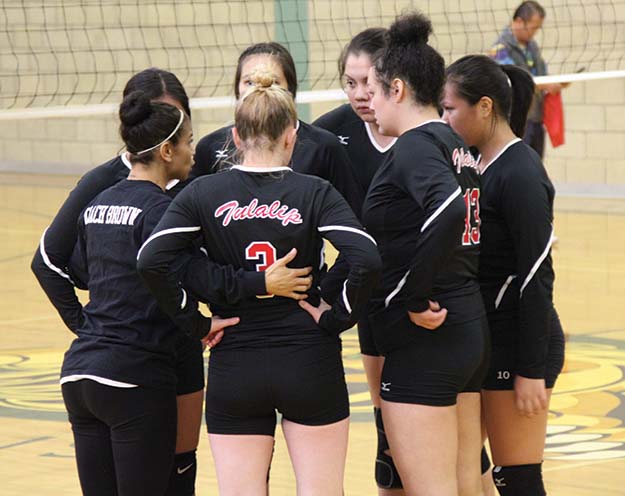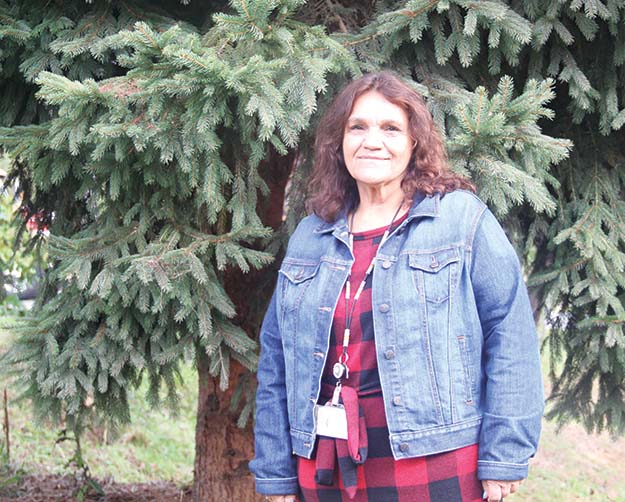By Micheal Rios, Tulalip News
Talking to adolescents and teens about sensitive issues can be a daunting task, let alone trying to start a conversation about youth suicide. However, it is of vital importance that the conversation be had and the youth allowed to speak freely on the subject. It’s imperative there be no judgement, no pressure, and no expectation. The goal is to create a comfortable space where conversation flows naturally. During these times the youth can be very enlightening and provide insight to a topic we may not have considered before.
Over a period of weeks, this comfortable space where conversation could flow freely was created with several Tulalip youth who are highly vested in their community. These are youth who range in age from 8th grade to recent high school graduates, with the majority being current high schoolers. It was made clear that their perspective on suicide would remain anonymous and be contributed to a collaboration article with several of their peers. The focus of conversation was on the recent coverage and response to community suicides over the last few months, their thoughts on what leads Native youth to contemplate suicide, and what they feel would be effective programs and developments to prevent teen suicide.
“As Native youth, we have endured so much loss and pain when it comes to losing family members or close friends or even just stress within our family. We are still suffering from the impacts of the genocide to our ancestors. Even today, almost on a daily basis the outside world still tries to strip us of what’s left of our culture. We’re like 50 years behind on education, we are more prone to addiction, alcoholism and using drugs. Let the youth know that we don’t have to continue that cycle. We can break those cycles of being addicts and uneducated. We can focus more on education, sports, and being culturally and community oriented.”
“Often partying is glorified. We should try to have more programs to go against all the things considered cool to do as a high school students. The underage drinking, smoking, ditching school, and things like that. We need prevention programs that actually speak to us, keep us busy, and focused on what’s really important. Let’s teach the youth to aspire to something greater…than just being on the Rez living paycheck to paycheck.”
“When you’re a teen you think it’s cool to look older or act older or do adult things, but you’re still just a kid. You’re still in high school. Why not learn to be a cool kid but in different ways? We try so hard to fit in but really in the world after high school its cooler to stand out.”
“There are definitely cycles that have been created. We all know and are told everything about suicide. We’ve seen the statistics that show we are more likely than other cultures to commit suicide. We know that’s there. Even when you’re in the moment, you know that’s going to be passed on, you’re going to become another statistic, but it still happens anyway. It’s hard to get out of that thinking that life just isn’t worth it anymore. Creating programs that help us to aspire, to know that whatever it is we’re going through doesn’t have to define us, that this isn’t the end of our journey, but the beginning, is critical to us breaking those cycles.”
“There’s a program at Behavioral Health that’s so amazing, but not a lot of people know about it. They offer counseling, someone for you to talk to about anything. Even if it’s something as simple as wanting to voice your thoughts they’ll listen. It’s located in the old Montessori building. They offer transportation so they can pick you up from school, will take you to appointments if your parents can’t. This program is so readily available, you just have to take the first step of reaching out to them.”
“I have cousins whose parents try to deny the fact they need help, that they have depression, and are suicidal. They need help from people who can support them and help them with what they are thinking and feeling, but their parents want to push it all under the rug. That doesn’t help anyone. It’s that old style of thinking that some of our parents still have and we need help breaking that cycle, too.”
“There’s a slippery slope that comes when discussing overdoses and deaths related to drugs and alcohol. Suicides is a part of that. The lines get blurred when it comes to a teenager who is driving drunk or high, crashes, and dies as a result. To some that’s considered not a suicide, but to others it is. Sometimes those of us closer to the situation know the true intent even if people want to deny it. If we count some of the drug and alcohol related deaths as suicides then that statistic for Tulalip looks a lot worse.”
“We hear a lot about generational trauma and the importance of our culture. After Jaylen, there were a lot of outsiders brought in and our space was no longer ours. In a way the response to bring in those outside professionals triggered more trauma in us. What do they know about our generation? What do they know about our culture? It’s hard enough for us to talk about sensitive subjects with family and friends. How were we expected to talk about these subjects and our thoughts and feelings with people we never seen before and didn’t know? It happened again after Dontae. It’s hard to talk about sensitive issues with strangers. Bringing outsiders to our spaces isn’t effective and doesn’t help us to heal.”
“When they had people who we didn’t know posted at the Teen Center it’s like you guys are messing with somewhere we feel safe, where we feel like we don’t have to be afraid or sad. Having those people there made some of us be elsewhere because we go to the Teen Center to be comfortable around our friends, not to be judged by people who don’t know us. It’s our safe haven and for that time we weren’t allowed to feel safe there.”
“I think that people find comfort in those they know and are familiar with. Starting our own teen support group is a good start. We want a place to talk about our feelings with people who understand what we’re going through. If you’re feeling suicidal or feeling like you don’t have anywhere else to go, then a peer-to-peer support group would be there for you.”
“Over the last couple months, since Dontae, there has been an increase in teens attempting suicide. I know of four or five attempts and that most likely isn’t all that have tried. I know a lot of people who feel so lonely and have suicidal thoughts, but there’s nothing I can do to help them. It’s hard because our youth are so stubborn. Trying to help someone is really hard if they don’t want to be helped. So we, as a community, need to work together on finding out what the emptiness is and how we can fill it.”
“A lot of why we are so apart as a community is we’ve lost so much of our culture. We are so disconnected from values are ancestors had. We really need to push our culture, like to an extreme extent to make up for all that we’ve lost. We hear so much talk on the importance of family and community, but it seems we are more divided than ever. Families vs. families, old feuds, and people fighting over who gets what. It’s like we need to learn to be a true community again. At the end of the day, all of us are Tulalip family.”
“There are so many of us who don’t even know who their family is because everyone is so caught up in their own day to day life. The support that should be there isn’t and we don’t know who to turn to. It’s sad. That’s where the loneliness comes from.”
“It’s interesting that when threatened by outsiders our people band together like no other. The tribal mentality and need to protect one another is super strong then. So why don’t we have that mentality all the time? Something that has stuck with me is at a community potluck put together by Natosha Gobin and Malory Simpson, it was geared towards the youth but a lot of families came together, and they said we should come together in the good times, not only the bad times like funerals. I think there should be more of a push to go to community potlucks, community gatherings, and having the youth get together. We find comfort talking to people that we know. Having events or community dinners where the youth can come and have a good time then our parents would be able to catch up with their friends, too.”
“We know the odds are against us. It’s up to us to work against these stats and cycles we hear so much about. Suicides, lack of education, alcoholism, addiction…all these things are working against us, all the percentages are negatively in our favor. We can’t just get stuck in what we know, we have to be open to what we don’t know. We have all this possibility in front of us and in our future. Why not try to turn that possibility into something positive? There’s so much more out there for us than just the stats and cycles. There’s a whole world of possibility out there, beyond this Rez. It’s up to us to realize that and not be afraid to journey on our own path. We decide what our story will be.”
